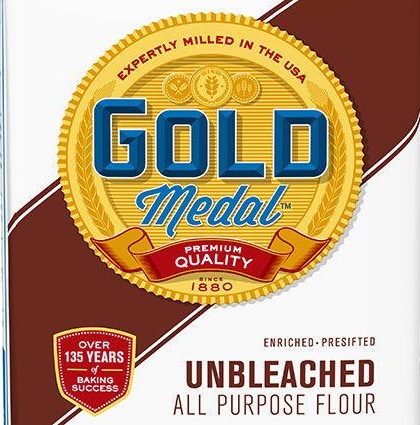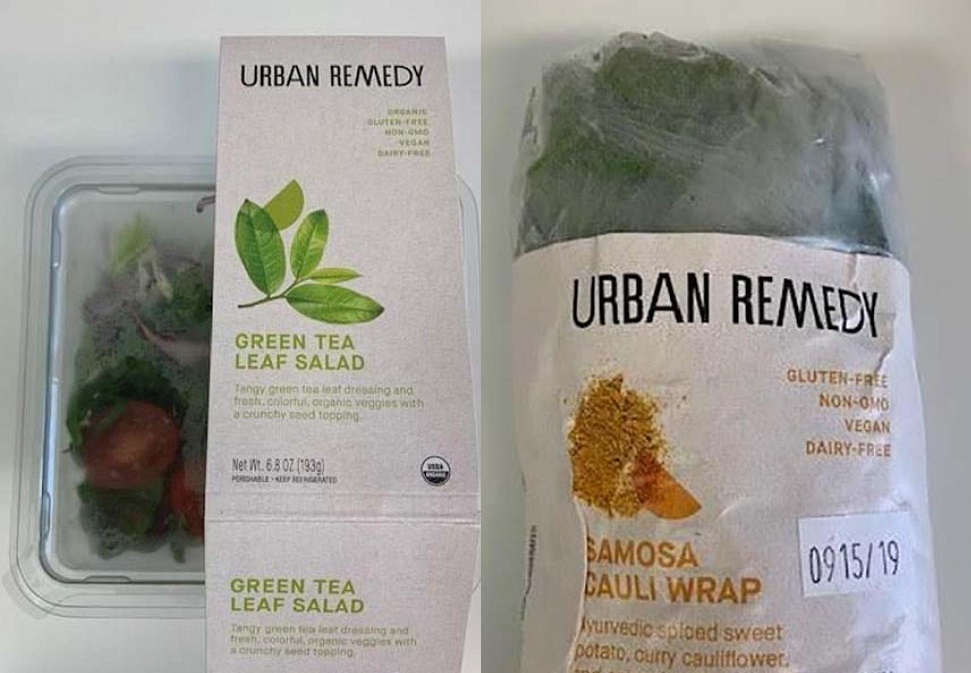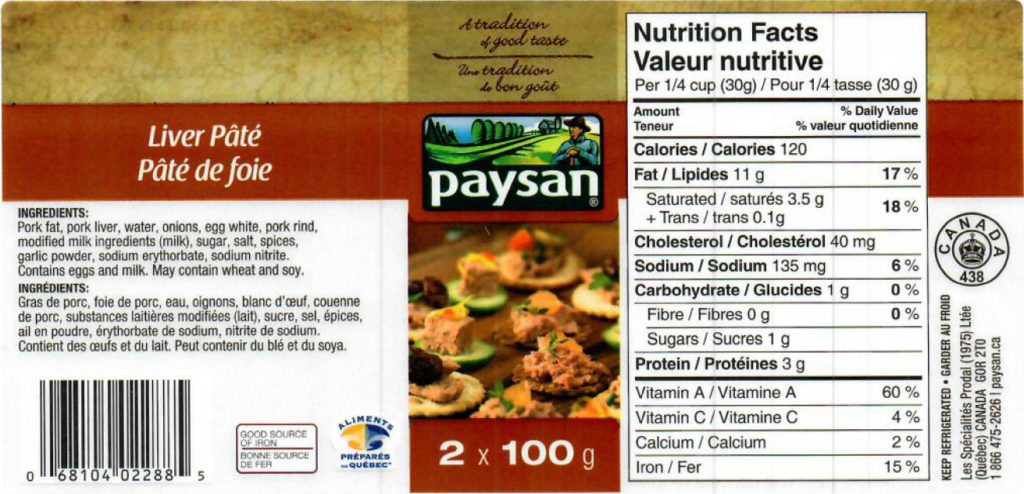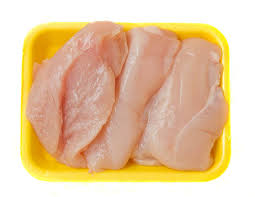The FDA posted on its site that General Mills recalled five-pound bags of its Gold Medal Unbleached All-Purpose Flour with a better if used by date of September 6, 2020. The recall is being issued for the potential presence of E. coli O26 which was discovered during sampling of the five-pound bag product. General Mills has not received any direct consumer reports of confirmed illnesses related to this product. The FDA and the CDC continue to warn consumers from consuming any raw products made with flour. E. coli O26 is killed by heat through baking, frying, sautéing or boiling products made with flour. @ https://www.fda.gov/safety/recalls-market-withdrawals-safety-alerts/general-mills-recalls-five-pound-bags-gold-medal-unbleached-all-purpose-flour
ruth
General Mills announced today a voluntary national recall of five-pound bags of its Gold Medal Unbleached All Purpose Flour with a better if used by date of September 6, 2020.
ruth
The FDA announced that Urban Remedy, o California-based producer and retailer of ultra-fresh, organic meals, is voluntarily recalling 76 salads and wraps that contain spinach that tested positive for a small amount of Escherichia coli. The products were sold in Urban Remedy’s retail stores, at Whole Foods Markets, online, and other California retailers. The affected products include Black Rice Umeboshi Bowl, The Benedict Brunch Bowl, Samosa Cauli Wrap, and Green Tea Leaf Salad. No illnesses have been reported. @ https://www.fda.gov/safety/recalls-market-withdrawals-safety-alerts/urban-remedy-voluntarily-recalls-76-salads-wraps-may-contain-ecoli-bacteria-no-illnesses-reported
Urban Remedy, a California-based producer and retailer of ultra-fresh, organic meals, is voluntarily recalling 76 salads and wraps that contain spinach that may be contaminated with E. coli. Seventy-six salads and wraps are still unaccounted for. No juices or any other products are being recalled.
ruth
The CFIA recall issued on August 30, 2019, has extended due to additional information identified during their food safety investigation. Les Spécialités Prodal (1975) Ltée recalled various brands of pâtés, mousses, terrines, and rillettes from the marketplace due to possible Listeria monocytogenes contamination. The following products have been sold in Ontario and Quebec. This product has been sold clerk-served from retail counters up to and including September 12, 2019, with or without a label. The products include The Deli-Shop various pates, Paysan pates, Les Specialites Prodal (1975) Ltee various pates, Première moisson Poultry rillettes, and Première moisson various pates. This recall was triggered by the company. There have been no reported illnesses associated with the consumption of these products.
http://www.inspection.gc.ca/about-the-cfia/newsroom/food-recall-warnings/complete-listing/2019-09-12/eng/1568345193713/1568345200763
The food recall warning issued on August 30, 2019 has been updated to include additional product information.
ruth
Meat Science published a study by Iowa State University researchers on the effect of in-package atmospheric cold plasma (ACP) treatment on the control of spoilage organisms in chicken breast and found that t effectively control spoilage organisms. The treatment had a minimal effect of the product characteristics while allowing extending the refrigerated shelf-life by 6 days. The ACP treatment reduced by at least 1.5 log CFU/g the population of mesophiles, Enterobacteriaceae, and psychrotrophs, after 5 min of plasma treatment at 100 kV and in-pack storage for 24 h. The study demonstrates the efficacy of in-package cold plasma treatment in decontaminating chicken breast surface and extending the shelf-life. ACP is energy efficient and chemical-free decontamination intervention and is a promising alternative traditional chemical disinfection of poultry surfaces. @ https://www.sciencedirect.com/science/article/pii/S0309174019305996?dgcid=rss_sd_all




